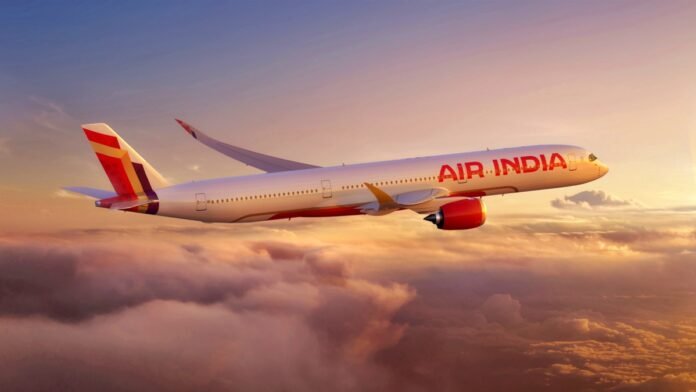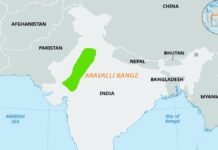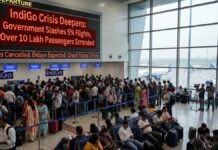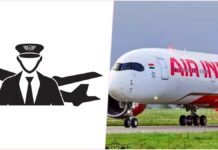
Key Points
- International law firms Keystone Law (UK) and Wisner Law Firm (US) are preparing lawsuits against Air India and Boeing after the deadly Ahmedabad-London crash
- Families may seek higher compensation in US and UK courts under the Montreal Convention, beyond Tata Group’s announced ₹1 crore per victim
- The Montreal Convention allows lawsuits in multiple jurisdictions and provides for unlimited airline liability in fatal crashes
- Tata Sons is setting up a ₹500 crore trust for long-term support to victims’ families
- Total compensation liability for Air India could exceed ₹1,000 crore, with insurance coverage expected to absorb much of the cost
New Delhi: Two weeks after the catastrophic crash of Air India’s Ahmedabad-London flight AI171, which killed 270 people including 241 onboard international law firms are mobilizing to represent the victims’ families in high-stakes lawsuits against both Air India and aircraft manufacturer Boeing. Keystone Law (UK) and Wisner Law Firm (US) are actively consulting with families, particularly those with ties to the UK and US, to assert their rights under international aviation law.
Why Are Lawsuits Being Filed in the US and UK?
The legal teams are exploring claims under the Montreal Convention of 1999, a global treaty governing airline liability in international air travel. This convention, ratified by India, the US, and the UK, allows families to file lawsuits in:
- The country where the airline is based
- The destination country
- The country where the ticket was purchased
- The country of the victim’s residence, if the airline operates there
This flexibility means families of UK and US nationals can pursue cases in courts that often award higher compensation and offer more plaintiff-friendly legal processes.
What Compensation Is at Stake?
Under the Montreal Convention, airlines are strictly liable for proven damages up to 128,821 Special Drawing Rights (SDRs) (currently about ₹1.6–1.8 crore per passenger), regardless of fault. If families can prove further negligence or fault, compensation can be even higher, as there is no upper limit under the treaty for such claims.
- Tata Group has already announced ₹1 crore compensation per victim, plus an interim ₹25 lakh payment from Air India.
- Insurance payouts and court-ordered compensation could push Air India’s total liability above ₹1,000 crore.
- Additionally, Tata Sons is establishing a ₹500 crore trust to provide long-term support, including medical care and education, for the families of the deceased, both Indian and foreign nationals.
Legal Strategy and Next Steps
- Keystone Law and Wisner Law Firm are reviewing evidence and considering parallel lawsuits: one against Air India in the London High Court, and another against Boeing in the US, especially if technical or manufacturing faults are implicated.
- The law firms are also scrutinizing early settlement offers from Air India’s insurer, Tata AIG, and ensuring the airline fulfills its obligation to make advance payments to next of kin under international law.
- Meetings are ongoing with multiple UK-based families to finalize legal strategies, with a decision expected soon.
Why the Montreal Convention Matters
The Montreal Convention modernizes and unifies rules for international air travel, ensuring fairer and faster compensation for victims and their families. It also allows for lawsuits in jurisdictions where the airline has a presence or where the victim resided, making it a powerful tool for families seeking justice and adequate compensation after major aviation disasters.
Broader Impact and Ongoing Support
While Tata Sons’ compensation and trust fund offer immediate relief, the international lawsuits could set new benchmarks for airline liability and passenger rights in India and globally. The outcome of these cases may influence future aviation safety standards, corporate responsibility, and the legal recourse available to victims’ families worldwide.


















































